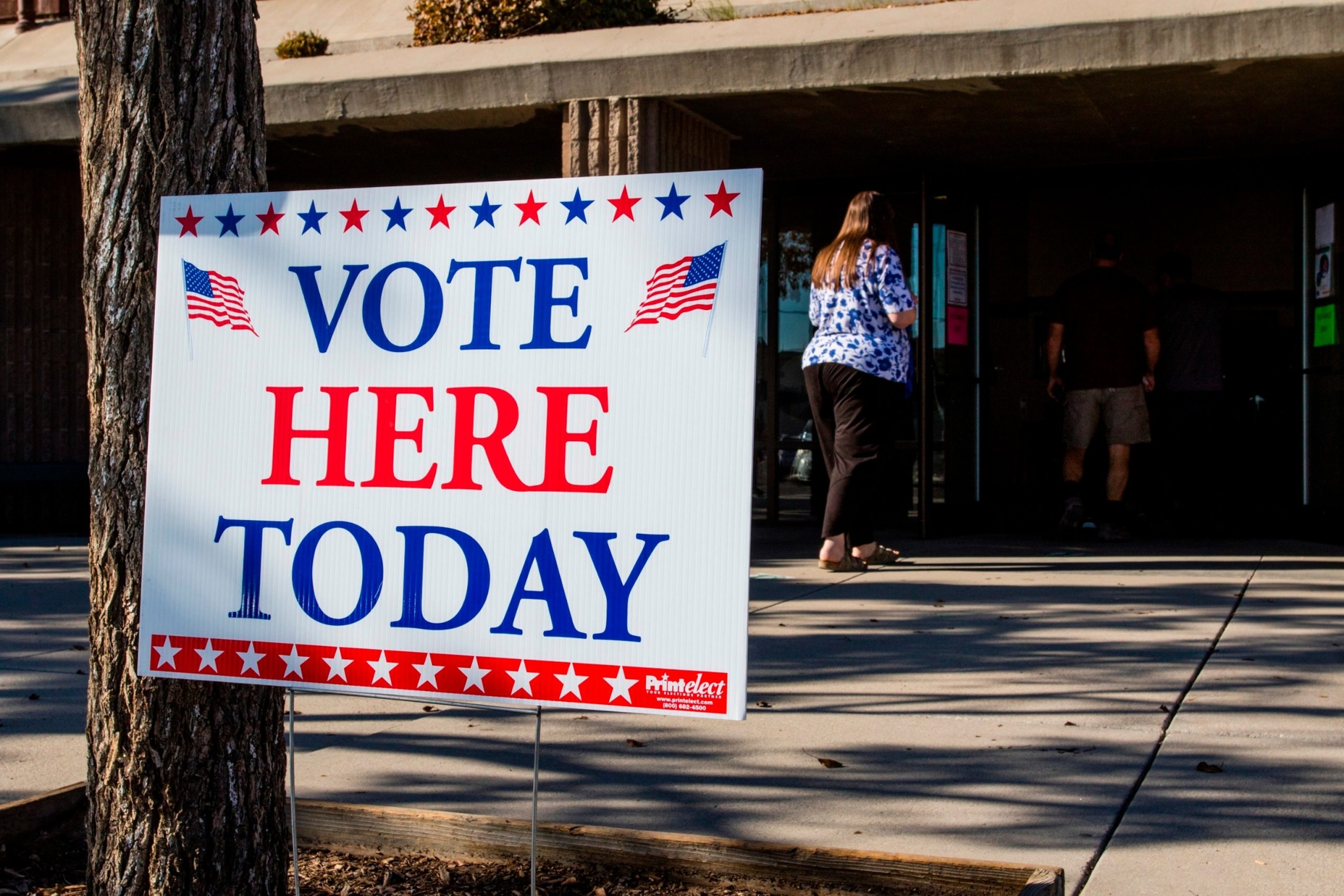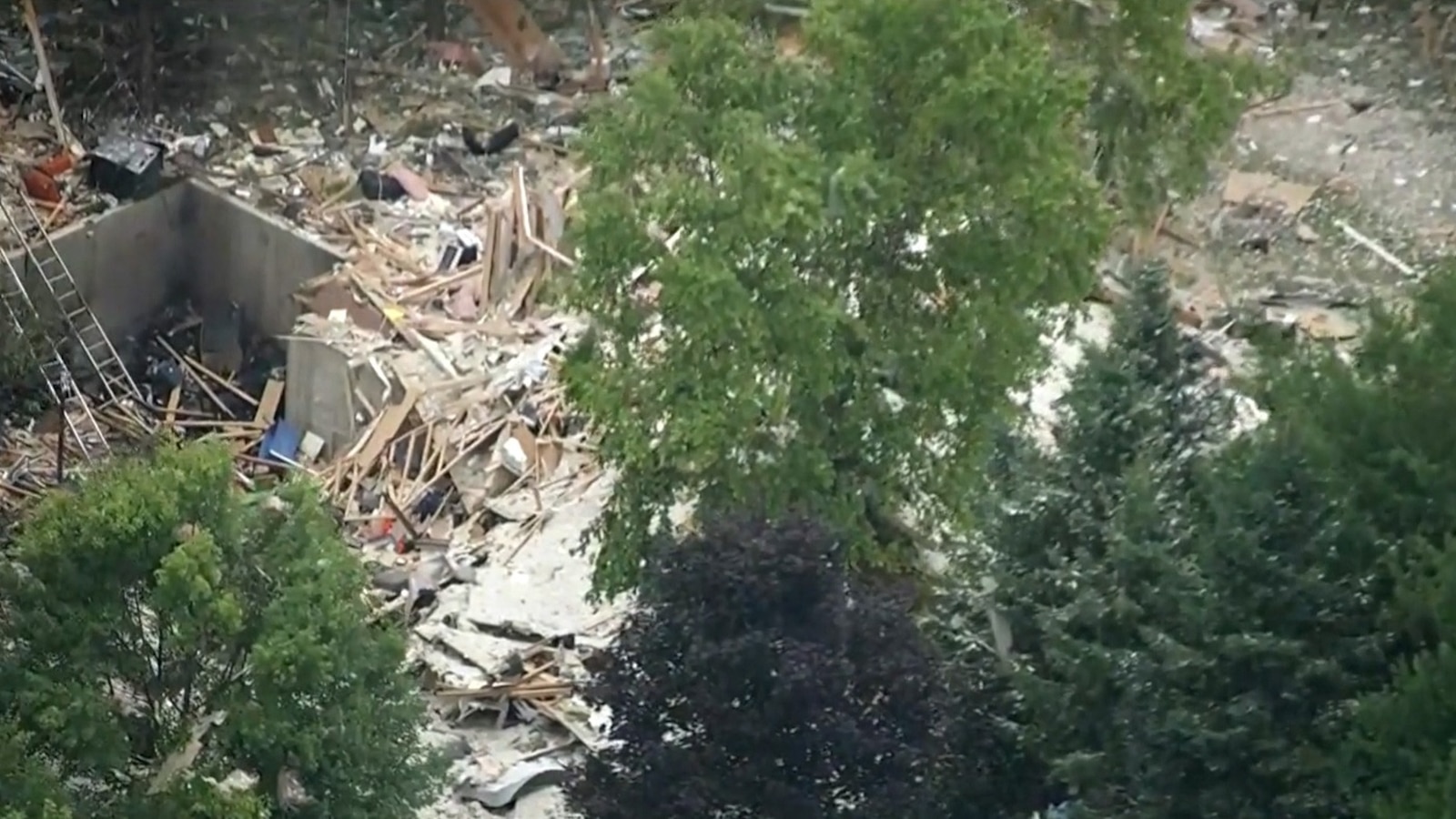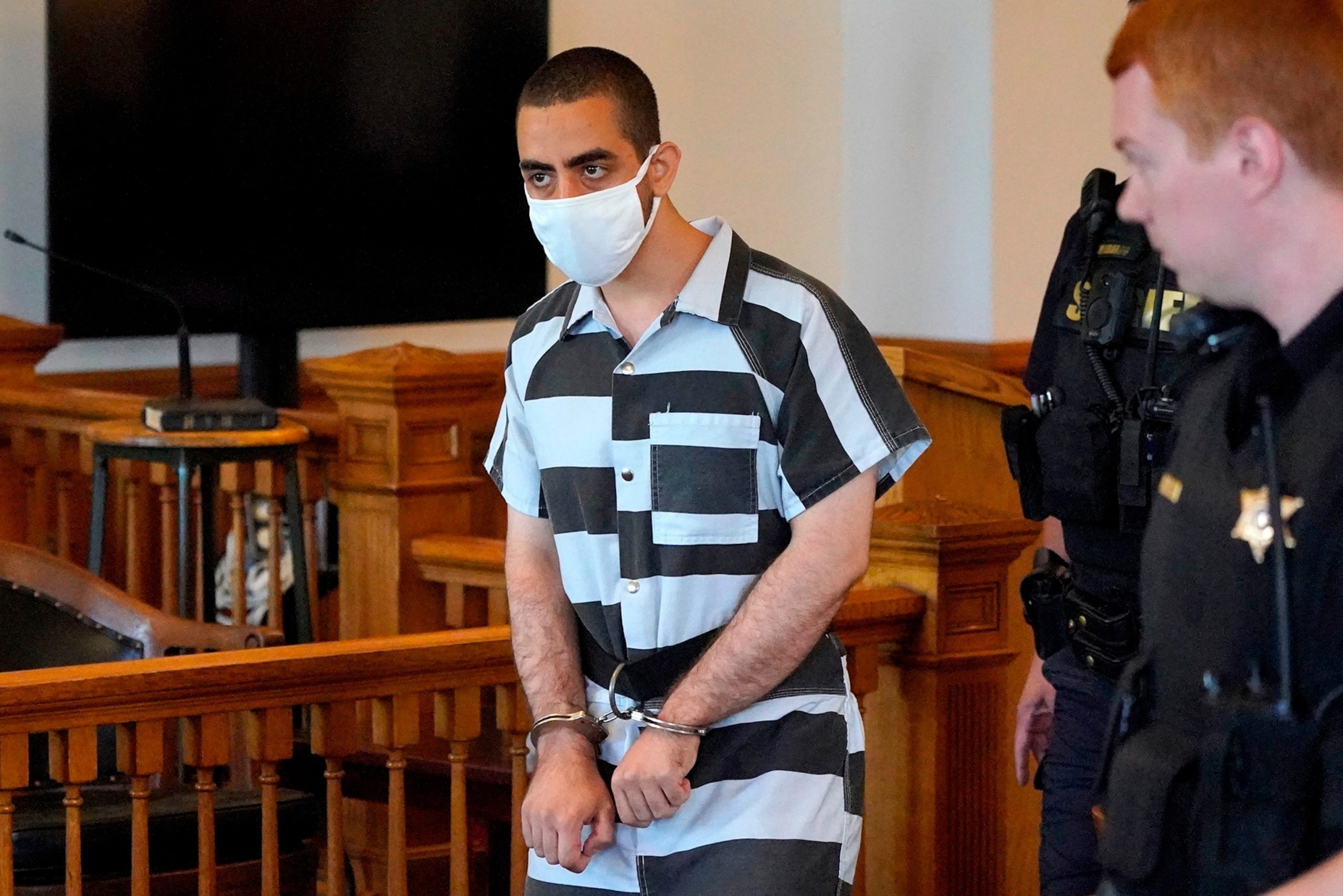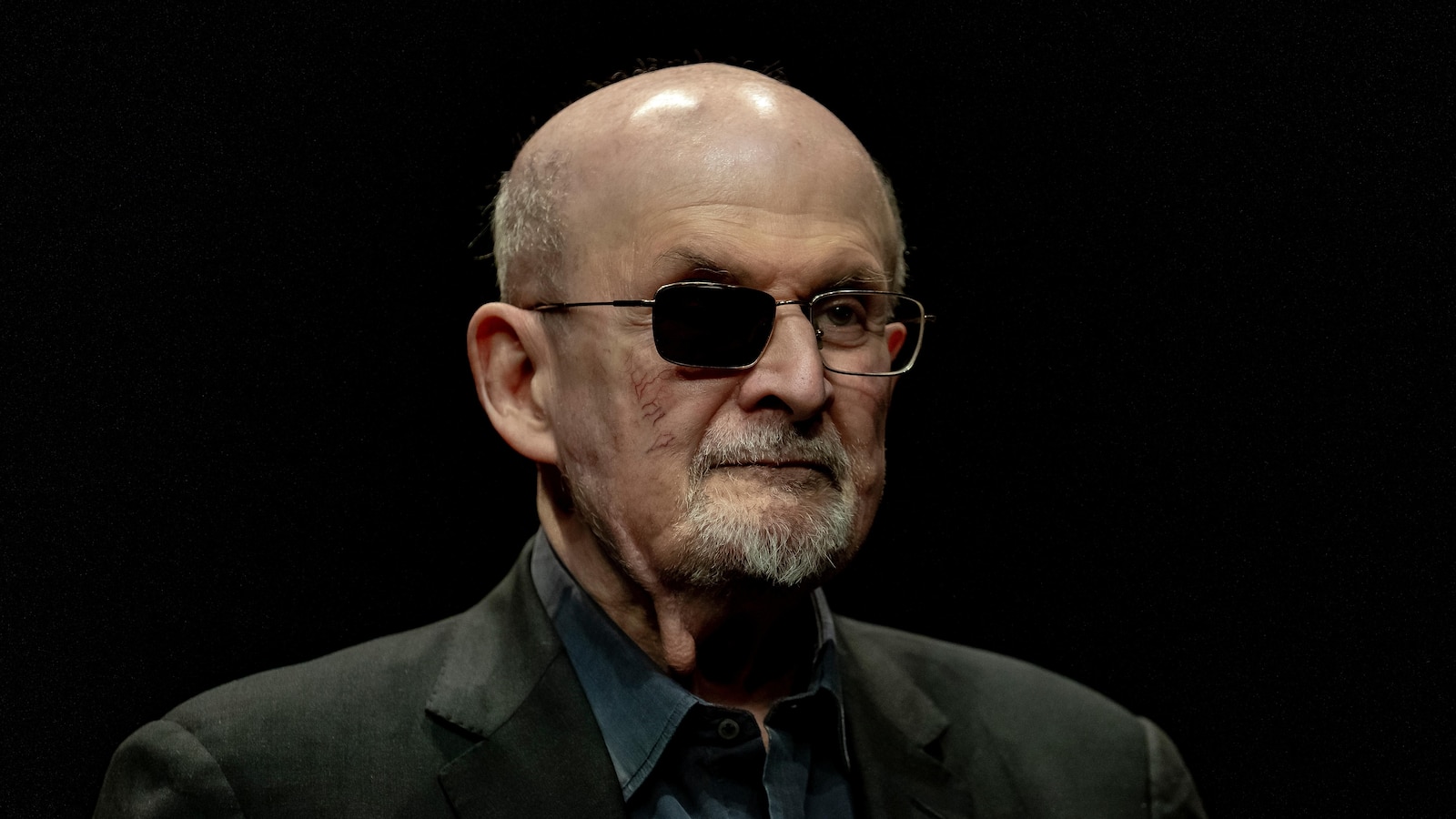A Clark County, Nevada, judge on Friday dismissed the charges filed by Nevada Attorney General Aaron Ford against six so-called “alternate electors” related to their alleged efforts to overturn the results of the 2020 election in favor of former President Donald Trump.
The move makes the Nevada case the first one among the five state-level 2020 fake elector cases to be dismissed.
Judge Mary Kay Holthus ruled during a hearing Friday that she is not convinced that Clark County is the appropriate jurisdiction for the case, given the allegedly fake elector documents were originally mailed from Douglas County and the so-called false signing ceremony took place in Carson City — both in western Nevada.
The defendants’ attorneys had argued that Carson City or Douglas County would be a more appropriate jurisdiction for the case.
“We disagree with the judge’s decision and will be appealing immediately,” a spokesperson for the Nevada attorney general’s office told ABC News.
According to the Nevada Independent, the attorney general is unable to re-file the case in Carson City or Douglas County because a three-year statute of limitations expired in December.
The six so-called “alternate electors” were indicted last December on charges of falsely portraying themselves as Nevada’s presidential electors after the last presidential election — each charged with felonies including offering a false instrument for filing, offering a forged instrument, and offering a false instrument titled “Certificate of the Votes of the 2020 Electors from Nevada” to the state and federal governments.
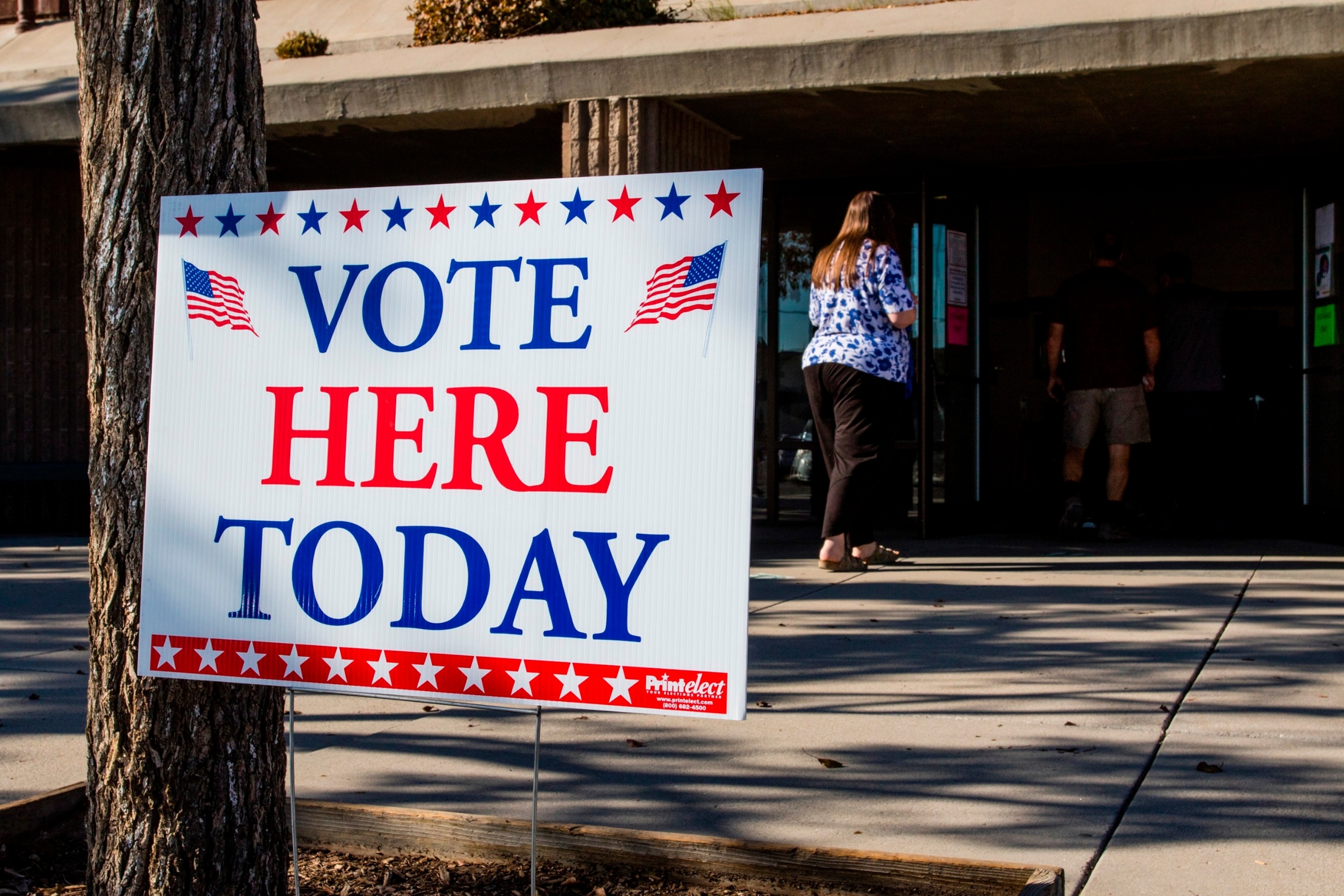
A “Vote Here Today” sign is seen outside a polling station, Nov. 3, 2020, in Fallon, Nev.
Ty O’Neil/SOPA Images/LightRocket via Getty Images
Those charged were some of Nevada Republican Party’s top officials, as well as Trump’s key allies in the state, including Nevada Republican Party Chairman Michael McDonald, Nevada Republican Party National Committeeman Jim DeGraffenreid, Nevada Republican Party Vice Chairman Jim Hindle, Clark County Republican Party Chairman Jesse Law, and Republican operatives Shawn Meehan and Eileen Rice.
Trump and 18 others pleaded not guilty last August to all charges in a sweeping racketeering indictment for alleged efforts to overturn the results of the 2020 presidential election in the state of Georgia.
In Arizona, former New York City Mayor Rudy Giuliani, several Trump allies and several alleged fake electors pleaded not guilty in May for their alleged efforts to overturn that state’s 2020 election results.
In Michigan, Attorney General Dana Nessel charged 16 “alternate electors” last July for conspiracy to commit forgery, among other charges.
Three Trump associates allegedly tied to the former president’s efforts to overturn the 2020 presidential election were also charged with forgery earlier this month in Wisconsin.
In a recent development in Nevada, charges against six individuals who were appointed as “alternate electors” in the 2020 presidential election have been dismissed by a judge. The decision comes after a lengthy legal battle that raised questions about the validity of their appointments and the role of alternate electors in the electoral process.
The controversy began when the Nevada Republican Party appointed a slate of alternate electors to cast their votes in the Electoral College in case the state’s official electors were unable to do so. This move was seen as a way to challenge the results of the election, which saw Democrat Joe Biden win the state by a narrow margin.
The six individuals who were appointed as alternate electors faced charges of conspiracy to commit voter fraud, as their appointments were not recognized by state officials. However, the judge ruled that there was insufficient evidence to support the charges and dismissed the case.
The decision has sparked debate about the role of alternate electors in the electoral process and whether their appointments are valid. Some argue that alternate electors serve as a failsafe in case of unforeseen circumstances, while others see them as a way to undermine the will of the voters.
Despite the dismissal of the charges, the controversy surrounding the appointment of alternate electors in Nevada is likely to continue. The case has raised important questions about the integrity of the electoral process and the role of political parties in shaping the outcome of elections.
As the country prepares for future elections, it is crucial that these issues are addressed and resolved to ensure that the will of the voters is respected and upheld. The dismissal of charges against the six alternate electors in Nevada is just one chapter in a larger debate about the future of democracy in America.
